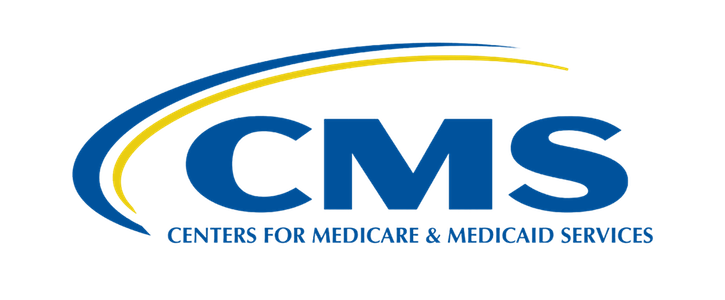- Politics
- Diversity, equity and inclusion
- Financial Decision Making
- Telehealth
- Patient Experience
- Leadership
- Point of Care Tools
- Product Solutions
- Management
- Technology
- Healthcare Transformation
- Data + Technology
- Safer Hospitals
- Business
- Providers in Practice
- Mergers and Acquisitions
- AI & Data Analytics
- Cybersecurity
- Interoperability & EHRs
- Medical Devices
- Pop Health Tech
- Precision Medicine
- Virtual Care
- Health equity
Hoping to Foster More Doctor-Patient Time, CMS Proposes Billing Changes
The agency said the rules would expand healthcare access and lower drug costs.

In what leaders are calling a “historic” proposal, the U.S. Centers for Medicare & Medicaid has proposed a series of billing changes whose effects could go far beyond finances, increasing doctors’ time spent with patients, lowering drug costs, and boosting telehealth.
Announced this afternoon, the proposed changes would affect Medicare’s Physician Fee Schedule, which governs the program’s payments for providers, and the Quality Payment Program, a venture comprising two means through which clinicians can comply with the Medicare Access and CHIP Reauthorization Act, better known as MACRA.
Ultimately, the series of billing proposals is an attempt to overcome a hurdle long targeted by CMS Administrator Seema Verma, MPH: the amount of time that clinicians spend on paperwork and how that affects them and their patients.
>> READ: Aiming for Patient Empowerment, White House Launches MyHealthEData Initiative
“Physicians tell us they continue to struggle with excessive regulatory requirements and unnecessary paperwork that steal time from patient care,” Verma said in a press release. “The proposed changes to the Physician Fee Schedule and Quality Payment Program address those problems head-on by streamlining documentation requirements to focus on patient care and by modernizing payment policies so seniors and others covered by Medicare can take advantage of the latest technologies to get the quality care they need.”
Through its Physician Fee Schedule proposal, CMS hopes to “simplify, streamline, and offer flexibility in” medical documentation requirements for evaluation and management visits. The agency said those meetings account for 20 percent of charges and eat up many physician hours. CMS also wants to “reduce unnecessary physician supervision” over diagnostic tests performed by radiologist assistants and cut “burdensome and overly complex” reporting requirements regarding outpatient therapy.
The proposed changes would also elevate telemedicine. Specifically, the rules would green-light payment for virtual check-ins and analyses of patient photos, all while expanding telehealth coverage to include prolonged preventive services.
What’s more, CMS intends to alter drug payments under Medicare Part B, “so that the payment amount would more closely match the actual cost of the drug,” beginning next year.
Changes to the Quality Payment Program, meanwhile, would slash “low-value” quality reporting measures and revise a performance category to further support interoperability between electronic health record (EHR) systems. The agency is also pushing for waivers for some reporting rules and payment adjustments, for physicians who meet certain requirements.
In one sense, the proposed changes could be viewed as another step forward for the Trump administration in its push against regulations. Changes to Medicare billing, however, are less politicized and controversial than similar moves in other industries. Healthcare leaders, clinicians, and, at times, members of the public have come together to call for more face-to-face time between doctors and patients.
But what remains unclear is whether still-untested changes to Medicare, which covers roughly 15 percent of the U.S. population, will bring about the “historic” change that healthcare stakeholders want to see.
Still, the proposals continue an effort by CMS to shake up the healthcare system. Earlier this year, the agency launched programs to advocate for the open exchange of patient data and greater patient empowerment.
“Today’s reforms proposed by CMS bring us one step closer to a modern healthcare system that delivers better care for Americans at a lower cost,” U.S. Department of Health & Human Services Secretary Alex Azar, JD, said today in a statement.
The latest measure follows the agency’s controversial decision to cut Affordable Care Act Navigator grants.
Get the best insights in healthcare analytics directly to your inbox.
Related
The Slow, Frustrating Rise of the Electronic Health Record
CMS is Leading the Way Toward Bundled Payments. Should It Be?
Healthy Bottom Line: The Trouble With SDOH Programs and the Secret to Improving Them
September 28th 2021Several problems exist with current programs that address social determinants of health (SDOH); however, a new social model aims to combat these issues and improve the programs’ effectiveness.
